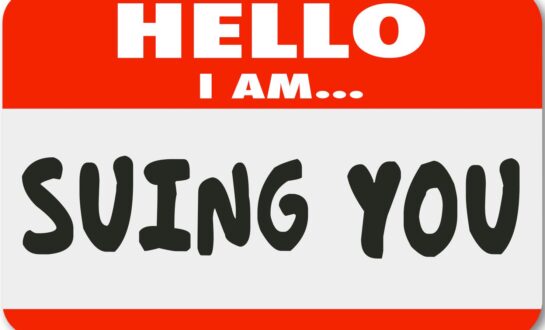
When debt collectors use deceptive or harassing methods to collect debts, the debtors can sue them for violating the Fair Debt Collection Practices Act.
The Fair Debt Collection Practices Act (FDCPA) prohibits debt collectors from using deception or harassment when collecting a debt. The FDCPA does not apply to people trying to recover a personal debt. Instead, it applies to collection agencies hired by a third party. Companies often hire collection agencies to collect credit card debt, medical bills, overdue student loans, and delinquent mortgages.
Companies have the right to hire a third party to collect for them. However, the collection agency must use reasonable methods to collect the debt. Collection behavior that violates the FDCPA includes:
Collectors often use harassing phone calls. They call debtors several times in a row, call late at night or early in the morning, or call the debtor at work, among other tactics. However, the collectors must stop contacting debtors once they request in writing that the agency stop. If the collector makes harassing phone calls or continues to call the debtor after receiving a written request, they have violated the Telephone Consumer Protection Act (TCPA) as well as the FDCPA. The debtor can sue the collector for both violations.
If debtors are victims of unfair debt collection practices, they can sue the collection agency. Debtors can contact an FDCPA attorney for help understanding what evidence they need to prove their claims and what steps are necessary to commence an action. Debtors can recover any damages arising directly from the FDCPA violation, such as lost wages or medical bills. Even if debtors don’t suffer damages, they can still recover up to $1,000 and attorneys fees if they prove a violation. If the violation go against the TCPA, the debtor can recover up to $1,500 per violation. Although debtors are still responsible for the debt, they can hold collection agencies accountable for breaking the law.